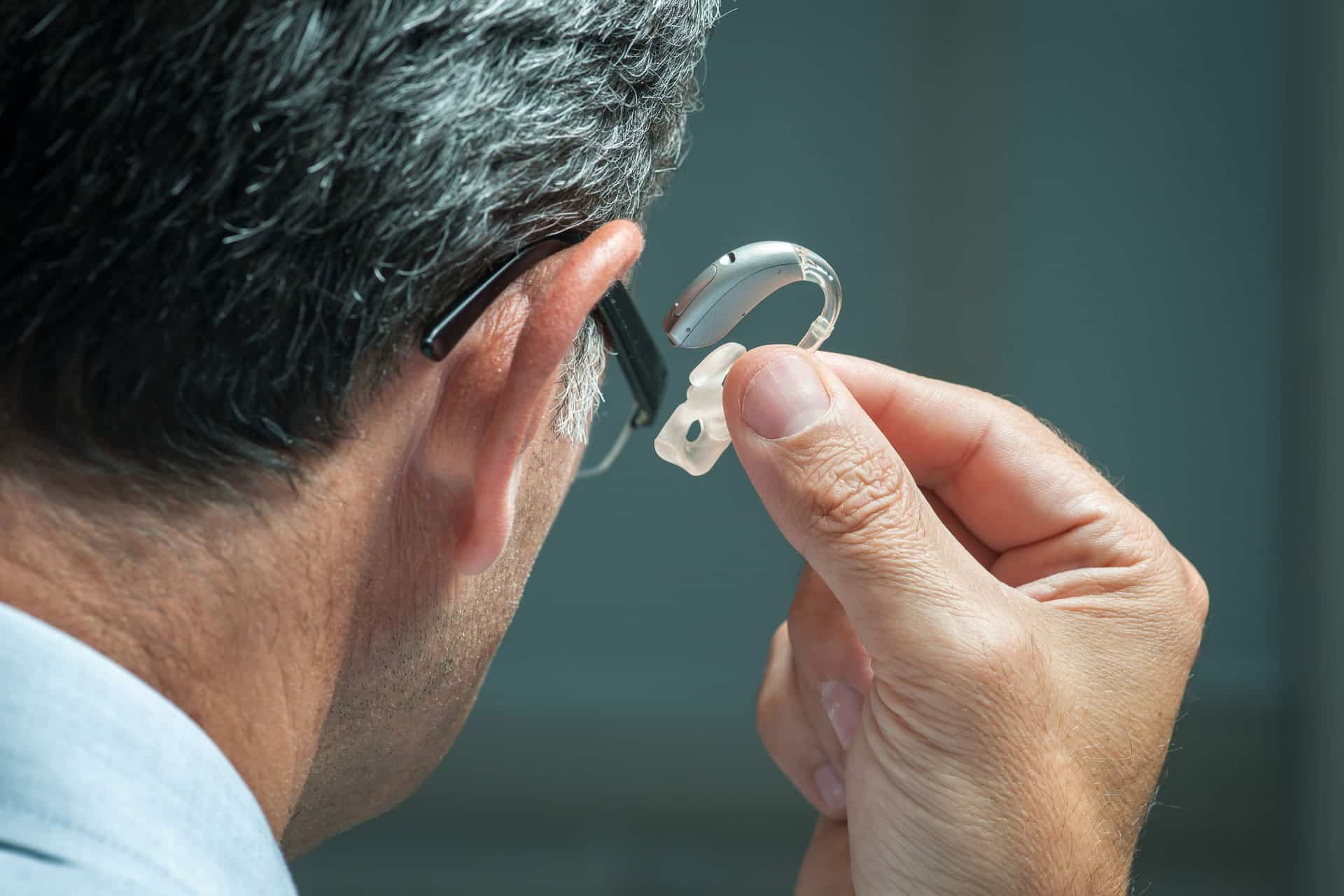Delivery in 2-3 working days
The effects of noise and sounds on human hearing
You've probably experienced a day when the sounds around you just became too much. The sounds of everyday life can quickly overwhelm us and significantly affect our well-being. Noise in high decibel ranges can be much more than a nuisance - it can have serious effects on your hearing. But what exactly happens in the ear when it's exposed to noise? And what long-term consequences can noise exposure have? This guide is designed to help you understand just that and find solutions to protect your hearing.
What does noise mean for human hearing?
Noise is sound that is perceived as annoying or harmful. Volume is measured in decibels (dB), and above a certain threshold noise begins to affect hearing. It is important to know that not only the volume, but also the duration of noise exposure can damage hearing.
How hearing works
The ear is a complex organ that converts sound waves into electrical signals that the brain interprets as sounds. This process is incredibly complex and requires the precise tuning of multiple parts of the ear. The inner ear contains tiny hair cells that play a critical role in this process. These hair cells are responsible for converting sound waves into nerve impulses, which are then interpreted by the brain.
Damage to the hair cells due to noise
Prolonged exposure to noise can cause these hair cells in the inner ear to become irreparably damaged. Such damage leads to a progressive hearing loss known as noise-induced hearing loss. Interestingly, these hair cells do not regenerate on their own, which means that the hearing loss caused by noise is usually permanent.
The extent of the effects: How noise affects hearing
The effects of noise on hearing can vary from person to person. Some people can tolerate long-term annoyance from noise without noticeable effects on their hearing, while others are more sensitive. Some factors that influence these effects include the loudness of the noise, the duration of noise exposure, and the individual's ear sensitivity. It is also important to note that the effects of noise on hearing are cumulative - that is, they build up over time.

The symptoms of hearing damage due to noise
How can you tell if noise has affected your hearing? Here are some common symptoms:
These symptoms can be sudden or gradual, so it's important to watch for possible signs of hearing loss.
Noise-induced hearing loss: a silent health crisis
Noise-induced hearing loss is a growing health crisis. It occurs when the hearing is exposed to high volumes over a long period of time. This can occur in a variety of contexts, such as working in noisy industrial environments, listening to loud music at concerts or through headphones, or in noisy residential or recreational environments. It is therefore crucial to raise awareness of this silent crisis and take preventive measures.
Protection and prevention: how to preserve your hearing
There are various ways to protect your hearing from noise: For example, wear hearing protection in noisy environments, limit the amount of time you spend in noisy environments, keep a safe distance from loud noise sources and reduce the volume of music and television. It's also a good idea to have regular hearing tests to make sure your hearing stays healthy.



